4J36 Pins
Alloy 4J36 (UNS K93600 & K93601/W. Nr.1.3912), a binary nickel-iron alloy containing 36%nickel.
Alloy 4J36 (UNS K93600 & K93601/W. Nr.1.3912), a binary nickel-iron alloy containing 36%nickel. Its very low room-temperature thermal expansion coefficient makes it useful for tooling for aerospace composites, standards of length, measuring tapes and gauges, precision components, and pendulum and thermostat rods. It is also used as the low expansion component in bi-metal strip, in cryogenic engineering, and for laser components.
Limiting Chemical Composition, %,of 4J36
Nickel……………………………………………………………………………………………………………………………………………………………………………………………36.00
Iron……………………………………………………………………………………………………………………………………………………………………………………………….64.00
Physical Constants
|
Density |
lb/in^3………………………………………………………………………………………………………..0.293 |
|
g/cm^3………………………………………………………………………………………………………..8.11 |
|
|
Melting Range |
°F……………………………………………………………………………………………………………….2605 |
|
°C……………………………………………………………………………………………………………….1430 |
|
|
Inflection Point |
°F………………………………………………………………………………………………………………….430 |
|
°C…………………………………………………………………………………………………………………220 |
|
|
Thermal Conductivity |
at 20°C (68°F)………………………………………………………………………………………………69.3 |
Tensile Properties
Typical Mechanical Properties of 4J36
|
Temperature |
Tenslle Strength |
Yield Strength (0.2%Offset) |
Elongation on 50 mm (2 inch)% |
Reduction of Area % |
|||
|
℃ |
F |
MPa |
ksi |
MPa |
ksi |
||
|
20 |
68 |
490 |
71.0 |
240 |
35.0 |
42 |
70 |
|
100 |
212 |
430 |
62.0 |
180 |
26.0 |
43 |
70 |
|
200 |
392 |
430 |
62.0 |
110 |
16.0 |
45 |
70 |
|
300 |
572 |
410 |
59.0 |
93 |
13.0 |
48 |
70 |
|
400 |
752 |
350 |
51.0 |
93 |
13.0 |
53 |
70 |
|
500 |
932 |
290 |
42.0 |
93 |
13.0 |
59 |
69 |
|
600 |
1112 |
210 |
30.0 |
77 |
11.0 |
68 |
67 |
Corrosion Resistance
4J36 has excellent corrosion resistance. In common acids, alkalis and salt water, it has good stability. Alloy 4J36 remains corrosion resistant in air when dry at room temperature. However, under adverse conditions, such as humid environments, corrosion may occur on the surface of the material.
Thermal Treatments
For most uses of alloy 4J36, where the alloy is to be subjected to a wide range of temperatures, fully annealed material is recommended. A suitable annealing temperature is 850-900°C (1560-1650°F), the time depending on the form and dimensions. Slow cooling is preferred.
Where the highest dimensional stability with minimum expansion is required for devices used within the normal range of ambient temperatures, the following heat treatment is recommended.
Heat to 830°C (1525°F) for 30 minutes/water quench plus re-heat to 300°C (570°F) for 1 hour/air cool plus re-heat to 100°C (212°F) for 48 hours/air cool.
After this treatment the alloy should be fully stable at temperatures up to 100°C (212°F). Protective atmospheres should be used when preheating or annealing.
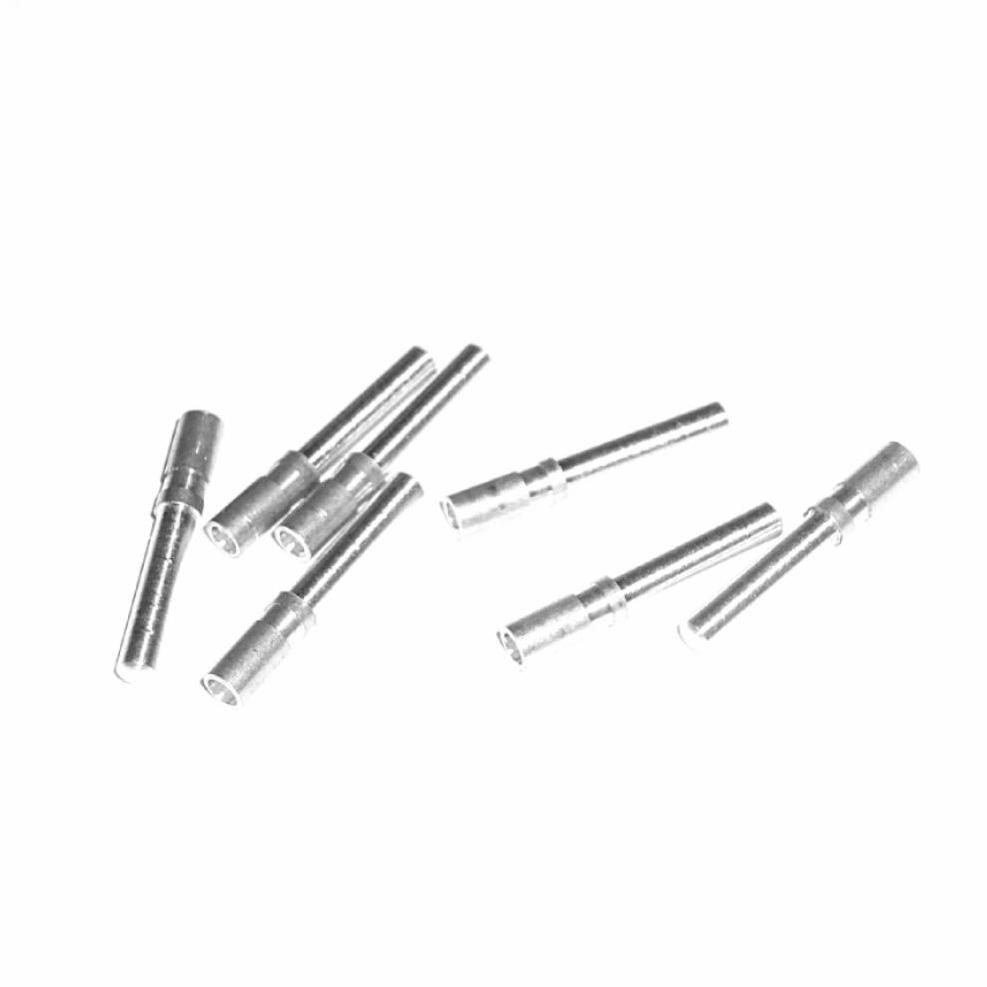
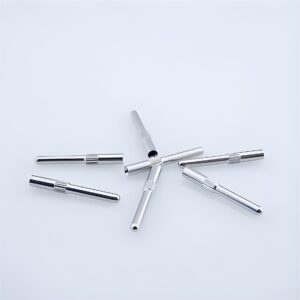
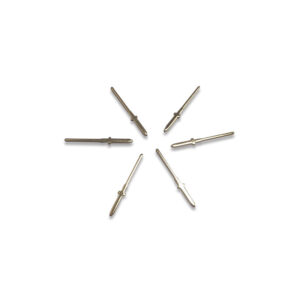
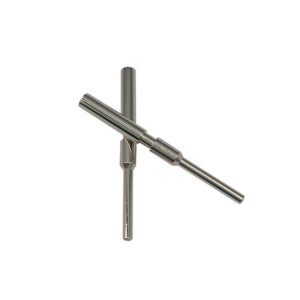
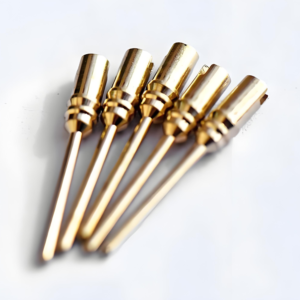
Reviews
There are no reviews yet.